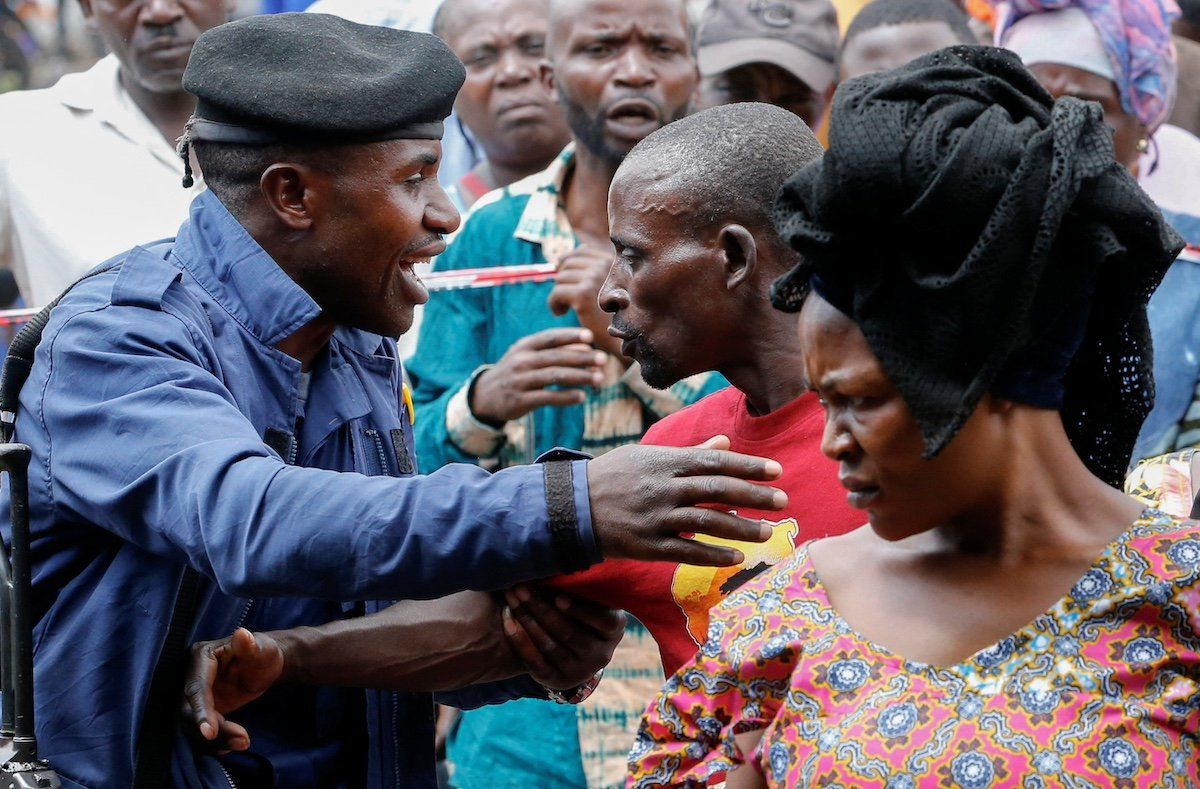The Democratic Republic of Congo’s election is not going well. Some polling stations in the capital, Kinshasa, and other major cities opened hours late. Paper ballots were delivered at the last minute. Confusion over illegible voter identifications had led to long lines, and at least one polling station in the northeast was attacked. Many more didn’t open at all because of militant threats. Consequently, officials extended voting into Thursday. Meanwhile, five opposition candidates called for a rerun of the elections.
Martin Fayulu, an opposition candidate who claims the 2018 election was stolen from him, called the exercise “total chaos” and said if the central electoral authority cannot account for every vote at every precinct, “we won't accept these elections.”
Prominent poll watchers have warned of the high potential for fraud, with one telling the New York Times that “the government has created a system that allows numbers to be manipulated.”
Incumbent President Félix Tshisekedi is expected to win, but given that preliminary results may not be announced until Dec. 31, there is a lot of time for his three main rivals to stake claims of victory while the picture remains unclear.
One of them, former Katanga province governor and business magnate Moïse Katumbi, is reportedly in contact with former President Joseph Kabila, a fierce critic of Tshisekedi. Katumbi and Kabila are among the wealthiest and most influential men in Congo and could represent a real threat to Tshisekedi if they join forces to challenge him in a contested result.
